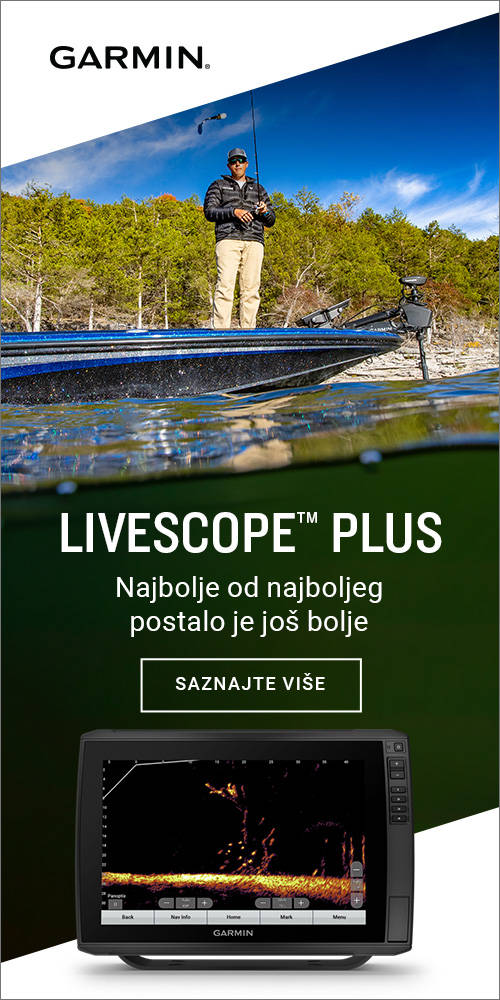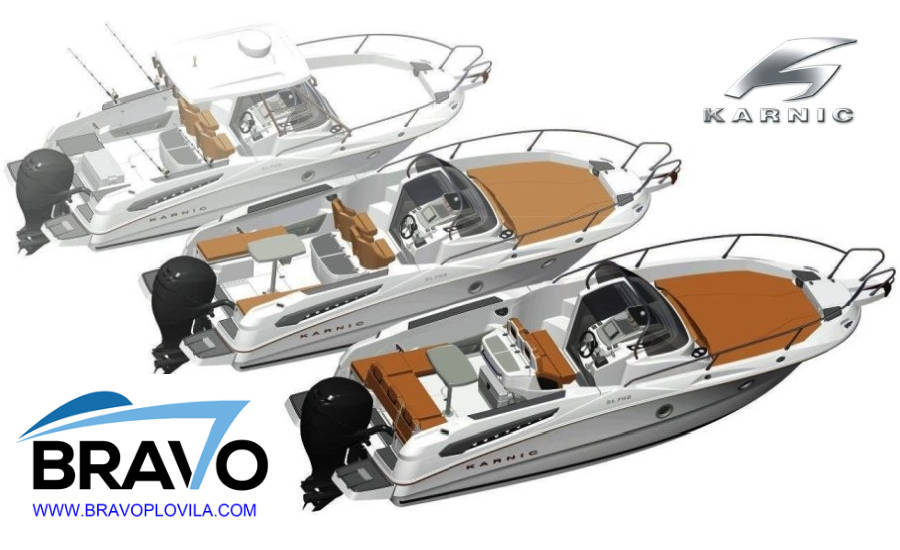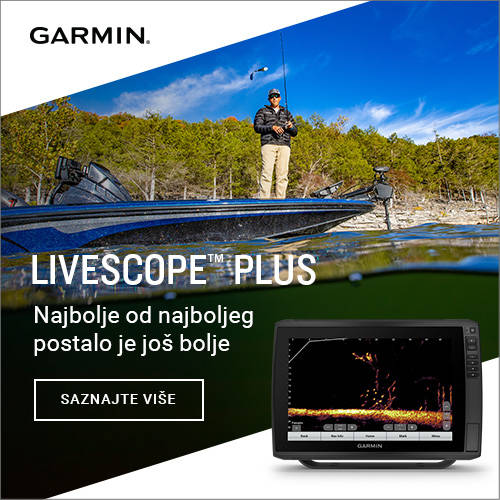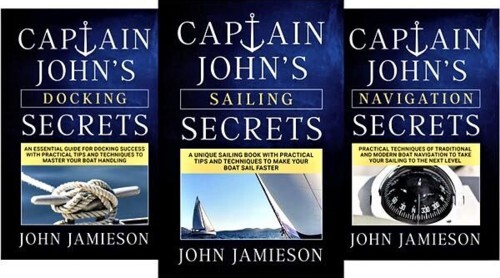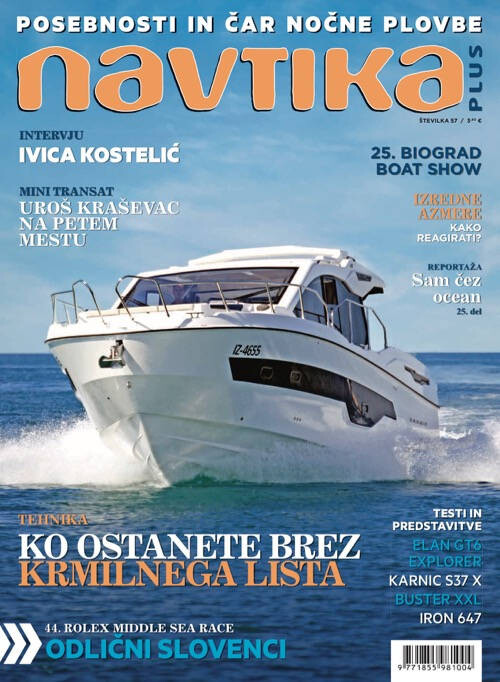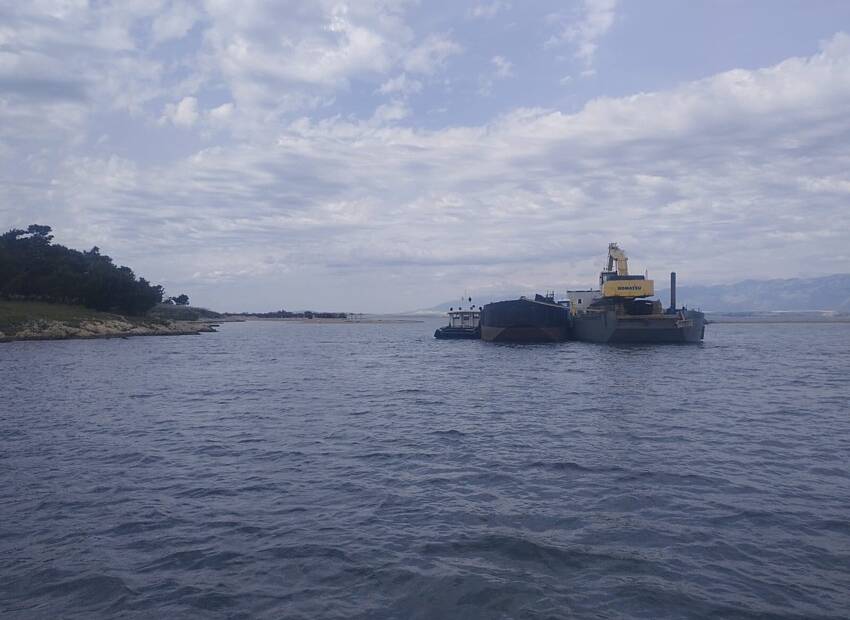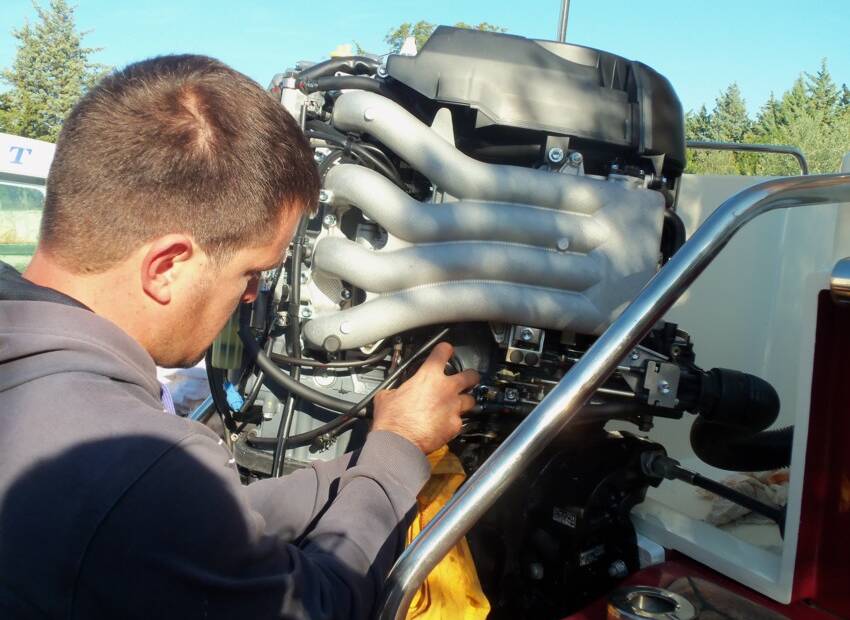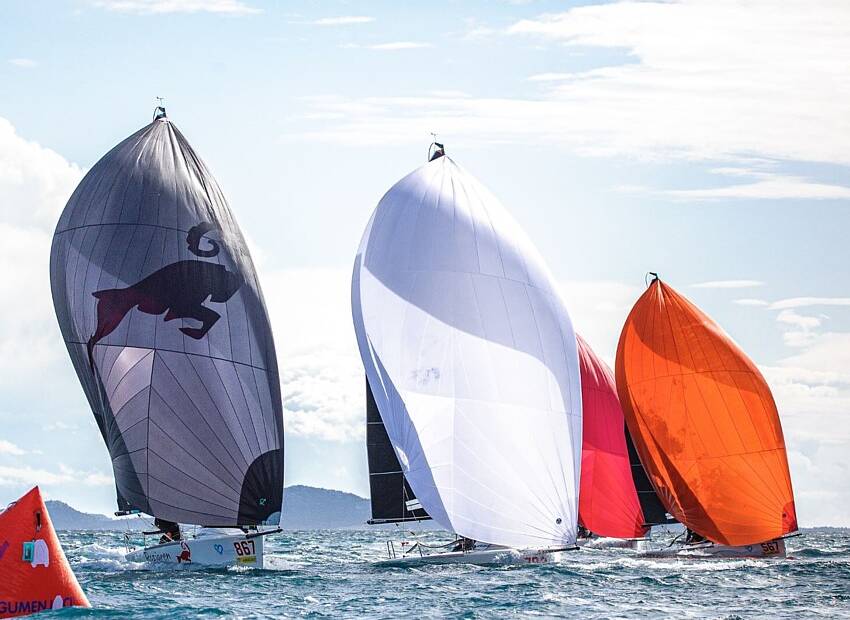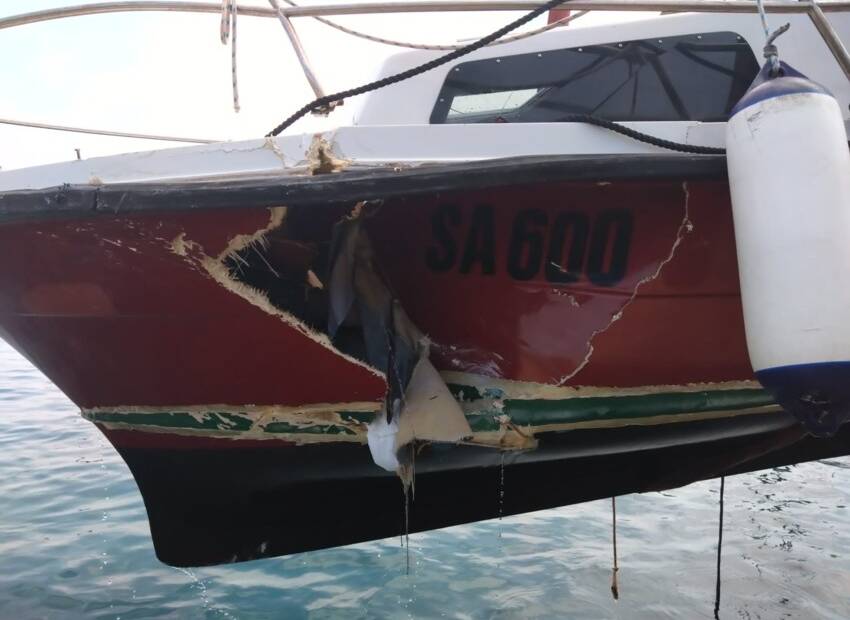Labor Day marks the start of the fall boating season, a time for cooler temperatures, uncrowded waterways, and great fishing. But this time of year also brings its own unique safety challenges, especially for boaters or anglers in smaller craft, says the BoatUS Foundation for Boating Safety and Clean Water .
“There are reasons why October and November are the deadliest months of the year for boaters,” said BoatUS Foundation Director of Boating Safety Chris Edmonston, referring to the newly released, US Coast Guard´s 2008 Recreational Boating Statistics . “However, the good news is that there are some common-sense steps that may prevent a small mishap from becoming serious,” he added.
Here are some 2008 US Coast Guard statistics along with some fall boating season safety tips:
- While there are more accidents in the summer months when recreational boating is in full swing, the odds of dying if you are in an accident go up in the months of October and November. The reason? Being unprepared for the conditions. (22% and 25% of all accidents in these months respectively result in deaths.)
- Statistics also show over half of all boating deaths occur with small boats. That’s because they are usually open to the elements and more vulnerable to wind, waves, and swamping.
- Cold water quickly saps away your strength. Wearing a life jacket could give you the time you need to safely re-board if you accidentally fall overboard. Also ensure you have a means to quickly get back aboard without assistance , such as a ladder or even a dockline (Over two-thirds of all fatal boating accidents victims drowned and of these, 90% were not wearing a life jacket).
- Don’t let the sunny skies fool you. Dress appropriately and recognize that even slight changes in the weather can make hypothermia a real threat if you are not prepared.
- In the fall there are very few fellow boaters and anglers near by — your closest potential rescuers. Without the help of fellow boaters, your float plan is your only back-up. Share with a family member or trusted friend where you plan to go and when you expect to return, so they may notify authorities if you are overdue returning.
- A VHF radio is a must. Depending on where you are, a cell phone or personal locator beacon may be additional pieces of important communication gear.
BoatUS Media






